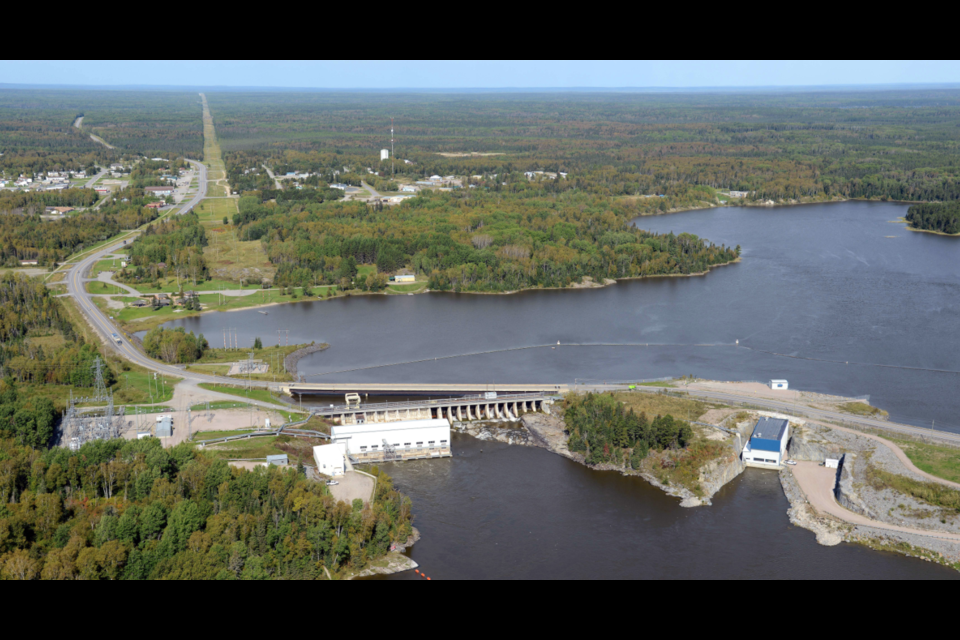OTTAWA —In a precedent-setting case, the Supreme Court of Canada has set aside a $30 million award to Lac Seul First Nation, saying the method used to calculate the award was flawed.
In 2017, the Federal Court of Canada ordered the government to compensate the Northwestern Ontario First Nation for the flooding of reserve land that happened over 90 years ago when the Ear Falls power dam was constructed.
The project raised the level of Lac Seul by about three metres, flooding 4,450 hectares or about one-fifth of the First Nation's best land.
Saying that the government had breached its fiduciary duties to the community, the Federal Court calculated the compensation based solely on the fair market value of the land at the time it was flooded, plus compounded interest since 1929.
However, Lac Seul First Nation appealed on the basis that the court had erred in calculating equitable compensation by failing to include the value of a revenue-sharing agreement.
In its ruling on Friday, the Supreme Court agreed that the government had breached its obligations to protect Lac Seul First Nation's interest because it failed to negotiate compensation on the basis of the value the flooded land had to the hydro project.
Its decision returns the matter to the Federal Court for reassessment.
Kate Gunn, a lawyer representing Grand Council Treaty 3 in the case as an intervenor, wrote last year that this case gave the Supreme Court an opportunity to deliver "much-needed guidance on the approach to calculating compensation in relation to the unlawful taking of reserve lands."
